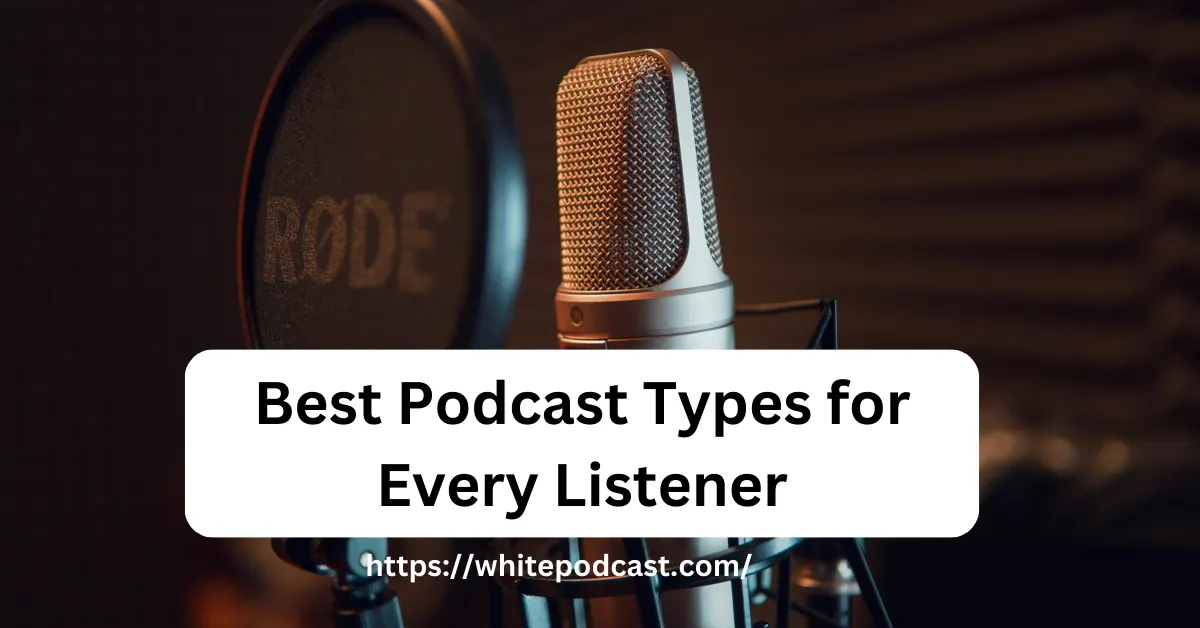How to connect with mentors: A Comprehensive Guide
Published: 6 Nov 2024
Finding and connecting with a mentor can be one of the most transformation steps in personal and professional development. Mentors offer guidance, encouragement, and insight based on their own experiences, helping men tees avoid pitfalls and stay motivated on their journey.
. In this guide, we’ll explore practical steps on how to identify and approach mentors, establish meaningful connections, and maintain a productive mentor-men tee relationship.How to Connect with Mentors
Some best mentor u can see here

Why Mentorship Matters
Mentorship has been a cornerstone of successful careers and personal growth for centuries. Research has consistently shown that mentorship can enhance job satisfaction, accelerate skill development, and improve overall performance.
The Benefits of Having a Mentor Skill Enhancement: Mentors can introduce you to skills and tools relevant to your field. How to Connect with Mentors
.Top Podcasts to Guide You to Financial Independence Goals
.How to Stay Motivated podcast: Tips for Lasting Inspiration
Network Expansion: A mentor often provides access to a broader network.
Increased Confidence: Regular guidance from a mentor can boost self-confidence.
Career Guidance: Mentors can provide insights into industry trends and help set realistic career goals.
For more on the impact of mentorship, check out this resource from Harvard Business Review.
How to Find the Right Mentor
Finding the right mentor involves more than simply reaching out to someone successful. You want to identify someone who not only has the expertise but also a genuine interest in helping others.
Define Your Goals and Needs
Before searching for a mentor, clarify what you hope to gain. This will help you narrow down potential mentors who align with your objectives. Are you looking for guidance in a specific skill, advice on career advancement, or support with balancing work and personal life?
Research Potential Mentors in Your Field
Look for individuals in your industry who inspire you. Some key ways to find mentors include Networking Events Industry events, conferences, and seminars are excellent places to meet potential mentors.
Professional Associations: Many organisations offer mentoring programs for members.
How to Approach a Potential Mentor

Online Platforms: LinkedIn is a powerful tool for identifying and connecting with professionals who may be willing to mentor. For additional networking tips, refer to LinkedIn’s Networking Guide.
Craft a Thoughtful Introduction
When reaching out, personalise your message. Mention specific aspects of their work or career that you admire and explain how these qualities align with your goals. A personalised message shows that you’ve done your homework and are genuinely interested in their guidance.
“Dear [Mentor’s Name], I have been following your work on [specific project or article], and I truly admire your approach to [mention relevant area]. I am currently [mention your current situation] and seeking to develop my skills in [specific area]. How to Connect with Mentors I would be honoured if you could share some guidance on my journey.”
For more on how to craft professional messages, see this Networking Email Guide by Indeed.
- Be Respectful of Their Time
Respect is crucial in any mentor-men-tee relationship. When you approach someone, recognise their time constraints. Start by requesting a short meeting, such as a 15-minute phone call or virtual coffee chat, instead of immediately asking for long-term mentorship.
3. Building a Strong Mentor-Men tee Relationship
Once you’ve connected with a mentor, focus on building a sustainable relationship based on mutual respect and commitment.
Establish Clear Expectations and Goals
At the beginning of the mentorship, set clear objectives. Outline your goals, the areas you need help with, and any specific skills or insights you’re seeking to develop. Establishing expectations can prevent misunderstandings and help your mentor guide you more effectively.
Show Initiative and Commitment
A successful mentorship is a two-way street. Show your mentor that you are committed by actively working on the advice they give you. This demonstrates respect for their time and encourages them to invest further in your growth.

Approaching a potential mentor can be intimidating. It’s essential to make a good impression and clearly articulate why you value their mentorship.
Maintain Regular Communication
Consistent communication is key. Schedule regular check-ins to discuss progress, seek advice, and share updates on how their guidance has impacted your journey. This keeps the mentor engaged and demonstrates your progress and dedication.
For further strategies on communication, visit Toastmasters’ Guide to Effective Communication.How to connect with mentors: A Comprehensive Guide
Challenges in Mentorship and How to Overcome Them
Every mentorship journey has its challenges. Here’s how to tackle some common obstacles.
Navigating Different Communication Styles
Miscommunication can sometimes occur due to differences in communication styles. If you find that communication is unclear, ask your mentor how they prefer to interact. Being adaptable and open to feedback can help smoother this process.
Handling Criticism Positively
Mentors may provide constructive criticism, which can feel challenging. Instead of taking it personally, try to view it as an opportunity for growth. Remember, a mentor’s guidance is based on experience and is intended to help you succeed.
For more on accepting feedback, consider this Guide to Constructive Criticism.
Managing Expectations and Boundaries
Setting boundaries is essential to avoid burnout and maintain a healthy balance. Be honest with your mentor about what you can commit to, and be understanding of their time as well.
How to Transition Out of a Mentorship
Eventually, you may reach a point where you and your mentor feel the relationship has fulfilled its purpose. Ending a mentorship does not mean the end of your connection with your mentor; rather, it can evolve into a professional relationship based on mutual respect.
Express Gratitude
When you feel it’s time to move on, thank your mentor for their guidance. Acknowledging their role in your journey shows appreciation and leaves the door open for future collaborations.
Offer to Stay in Touch
After the mentorship formally concludes, continue to stay in touch by sharing updates on your progress or successes. This fosters a long-lasting professional relationship.
Conclusion
Connecting with mentors can open doors and provide invaluable guidance that accelerates both personal and professional growth. By identifying the right mentors, approaching them thoughtfully, and cultivating a respectful, goal-oriented relationship, you can make the most of your mentorship experience. Remember, mentorship is a partnership built on mutual respect, clear communication, and a shared commitment to growth.
For more tips and resources on mentorship, explore American Psychological Association’s Mentorship Guide.How to connect with mentors: A Comprehensive Guide
What is the primary focus of the How to Connect with Mentors podcast?
The podcast focuses on providing practical advice and insights for connecting with mentors effectively. It explores strategies for finding the right mentor, building a mentor-men tee relationship, and maximising the benefits of mentorship.
Who is the target audience for this podcast?
The podcast is aimed at young professionals, students, and individuals looking to advance in their careers or personal development through mentorship. It’s beneficial for anyone seeking guidance and support from experienced individuals in their field.
Proudly powered by WordPress

- Be Respectful
- Stay Relevant
- Stay Positive
- True Feedback
- Encourage Discussion
- Avoid Spamming
- No Fake News
- Don't Copy-Paste
- No Personal Attacks

- Be Respectful
- Stay Relevant
- Stay Positive
- True Feedback
- Encourage Discussion
- Avoid Spamming
- No Fake News
- Don't Copy-Paste
- No Personal Attacks






